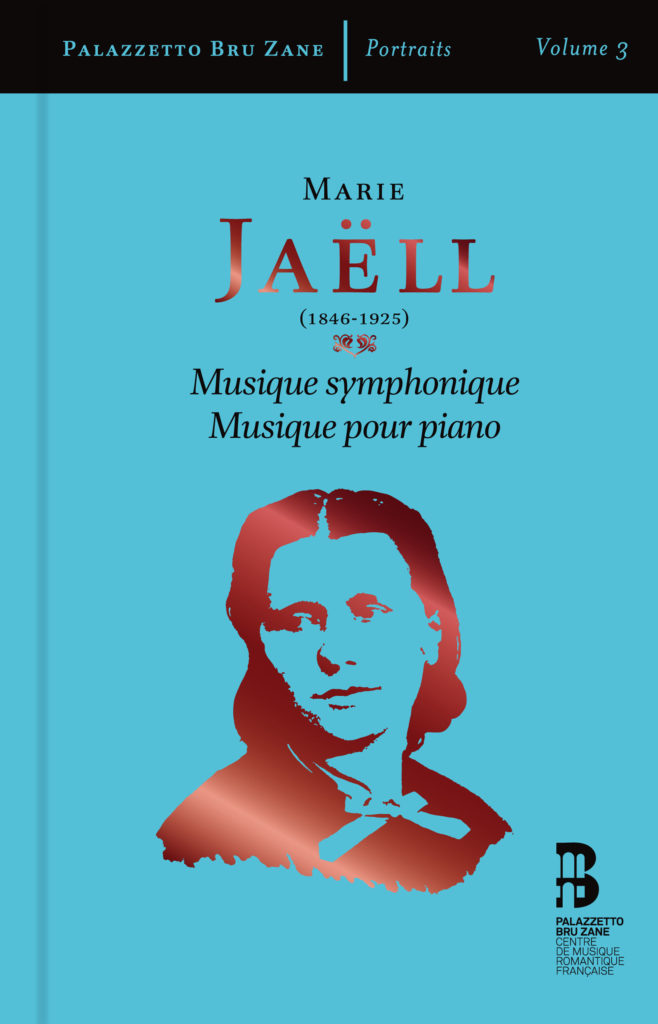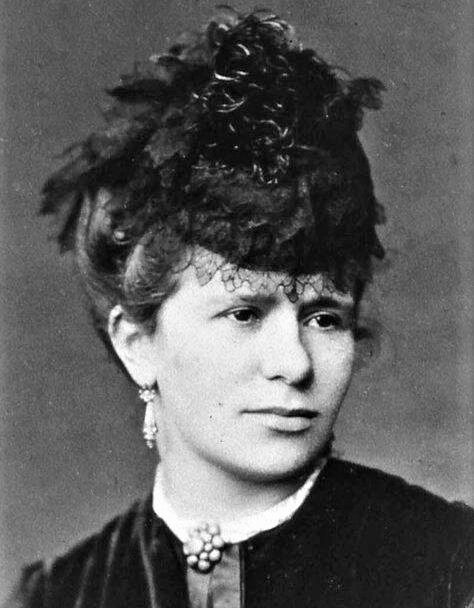Portrait Marie Jaëll
Musique symphonique, musique pour piano
Each of the volumes in the ‘Portraits’ series is devoted to a French composer who has been unjustly neglected, and takes a general look at that composer’s output through performances by many talented artists. The texts (French/English) are completed by varied and hitherto unpublished iconography. The first two volumes are devoted to Théodore Gouvy and Théodore Dubois.
Marie Jaëll probably represents the most authoritative and accomplished expression of the nineteenth-century woman musician. In spite of her coming from the provinces and despite the heavy social restrictions imposed on artists of her gender, she nonetheless succeeded in being recognized as a virtuoso, a composer and as a teacher. Support from her husband – the Austrian pianist Alfred Jaëll – greatly contributed to the positive reception of her initial works for the piano, but it was by herself, armed with her talent and her resolve in the latter part of her life, that she faced up to the Parisian hurly-burly in which she proved herself to be one of its distinctive figures. While her learning method is still taught in various different countries, little interest thus far has been shown in her music, which in the greater part is held in the Bibliothèque Nationale et Universitaire in Strasbourg. Formidable and ambitious symphonic works are revealed on this book-cd as well as a significant facet of her compositions for the piano.
This ‘Portrait’ of Marie Jaëll is designed to augment her existing discography with world première recordings of the foremost works by the composer. An important section of her symphonic output is in particular to be discovered here, most notably her Cello Concerto and her Piano Concerto no 2 in C minor, the latter a mature work the interest of which is more than able to vie with the well-known pieces of the repertory. La Légende des ours – a cycle of six humorous mélodies scored for soprano and orchestra – reveals a remarkable theatrical sensitivity which allows one to glimpse what Marie Jaëll might have achieved with her sole projected opera, Runéa, regrettably unfinished. However, this book-cd does not overlook the fact that first of all Marie Jaëll became a virtuoso pianist, and was attentive to expression as much as she was to keyboard dexterity. The two decidedly intimate cycles Les Jours pluvieux and Les Beaux Jours can be readily compared alongside Schumann’s Kinderszenen, whilst the more experimental selections taken from Ce qu’on entend... demonstrate the composer’s almost scientific side, working on the sound and its projection in an almost entirely melodic form of asceticism.
Contents of the book
Alban Ramaut, Marie Jaëll
Sébastien Troester, A passion for composing
Marie-Laure Ingelaere, Marie Jaëll through the eyes of her correspondents
Florence Launay, Marie Jaëll and the other women French composers from the end of the 19th century
Marie Jaëll, Music and Psychophysiology (excerpt)
Marie Jaëll, The Rhythms of the Gaze and the Dissociation of the Fingers (excerpt)
La Légende des ours (poem)


 Torna indietro
Torna indietro  newsletter
newsletter webradio
webradio replay
replay


